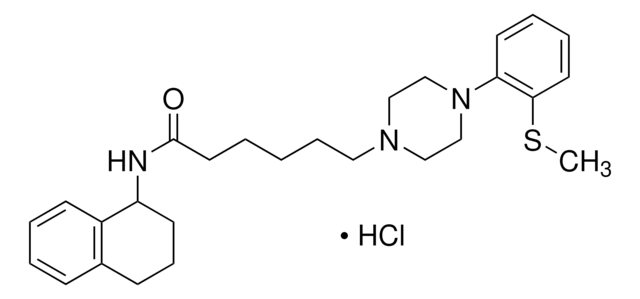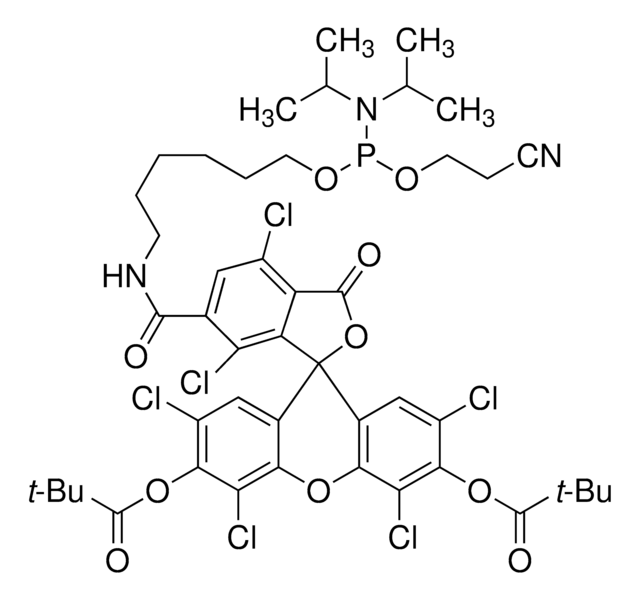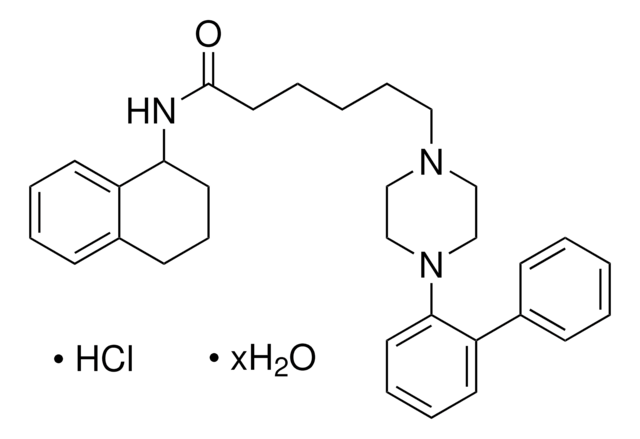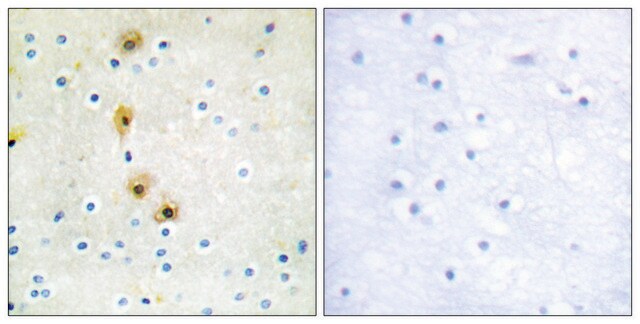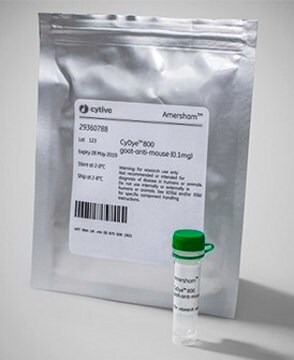L9152
Anti-Leukemia Inhibitory Factor antibody produced in goat
IgG fraction of antiserum, lyophilized powder
Synonym(s):
CDF, D factor, DIA, Emfilermin, LIF, differentiation inhibitory activity
About This Item
Recommended Products
biological source
goat
Quality Level
conjugate
unconjugated
antibody form
IgG fraction of antiserum
antibody product type
primary antibodies
clone
polyclonal
form
lyophilized powder
species reactivity
mouse
technique(s)
immunohistochemistry: suitable
neutralization: suitable
western blot: suitable
UniProt accession no.
storage temp.
−20°C
target post-translational modification
unmodified
Gene Information
human ... LIF(3976)
mouse ... Lif(16878)
Looking for similar products? Visit Product Comparison Guide
Specificity
Immunogen
Application
Optimal dilutions should be determined by the end user.
Biochem/physiol Actions
Physical form
Preparation Note
Disclaimer
Not finding the right product?
Try our Product Selector Tool.
related product
Storage Class Code
11 - Combustible Solids
WGK
WGK 3
Flash Point(F)
Not applicable
Flash Point(C)
Not applicable
Personal Protective Equipment
Choose from one of the most recent versions:
Already Own This Product?
Find documentation for the products that you have recently purchased in the Document Library.
Our team of scientists has experience in all areas of research including Life Science, Material Science, Chemical Synthesis, Chromatography, Analytical and many others.
Contact Technical Service